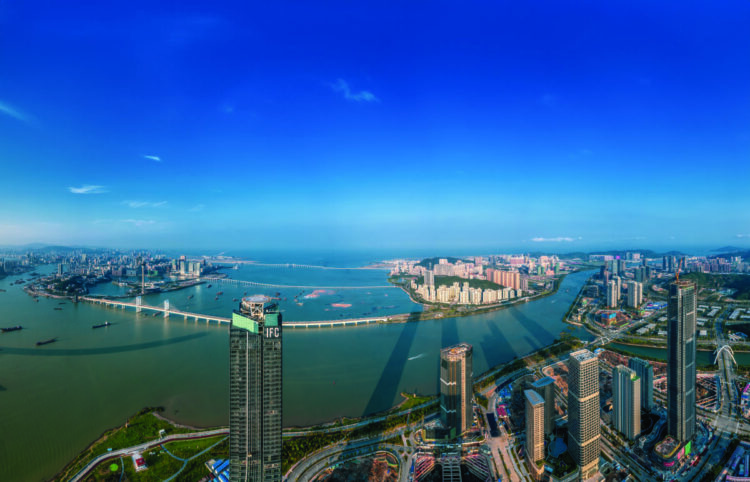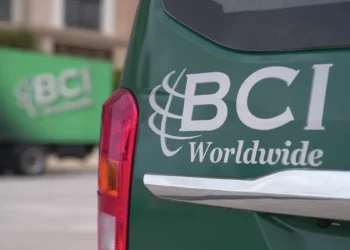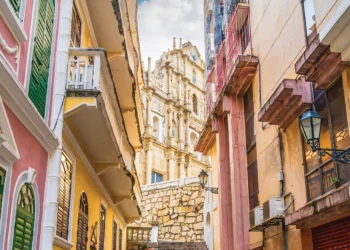Hengqin is in the process of converting unused commercial space into new hotels, part of its efforts to keep up with increased demand. But will this be a positive or a negative for Macau’s hotel industry?
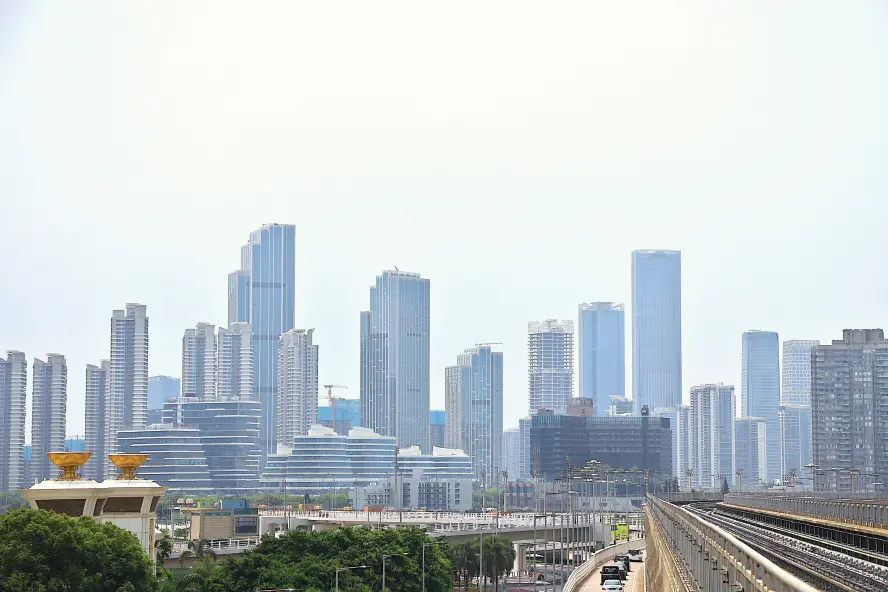 The Guangdong-Macao In-Depth Cooperation Zone in Hengqin has recently launched a new plan to convert part of vacant commercial office spaces into hotels. The reason is to provide greater capacity to cope with a new policy announced in May allowing mainland tour groups to make multiple trips between Hengqin and Macau. How will this new hotel industry in Hengqin impact Macau?
The Guangdong-Macao In-Depth Cooperation Zone in Hengqin has recently launched a new plan to convert part of vacant commercial office spaces into hotels. The reason is to provide greater capacity to cope with a new policy announced in May allowing mainland tour groups to make multiple trips between Hengqin and Macau. How will this new hotel industry in Hengqin impact Macau?
Hengqin in Zhuhai, just a stone’s throw from Cotai, has been referred to as the “backyard” of Macau. In September 2021, the Central Government announced the development of the Guangdong-Macao In-Depth Cooperation Zone in Hengqin. A management committee jointly managed by the Macau SAR government and the Guangdong provincial government was established in the zone, covering an area of about 106 square kilometers.
However, the overdevelopment of Hengqin has resulted in a large number of vacant properties. To address this situation, the Guangdong-Macao In-Depth Cooperation Zone has introduced a new policy to convert vacant commercial office spaces into hotels. The policy was implemented on 1 May 2024 on a trial basis for the next two years.
This came after real estate representatives had revealed that there was enough vacant commercial space in Hengqin to convert around 1 million square meters into hotels.
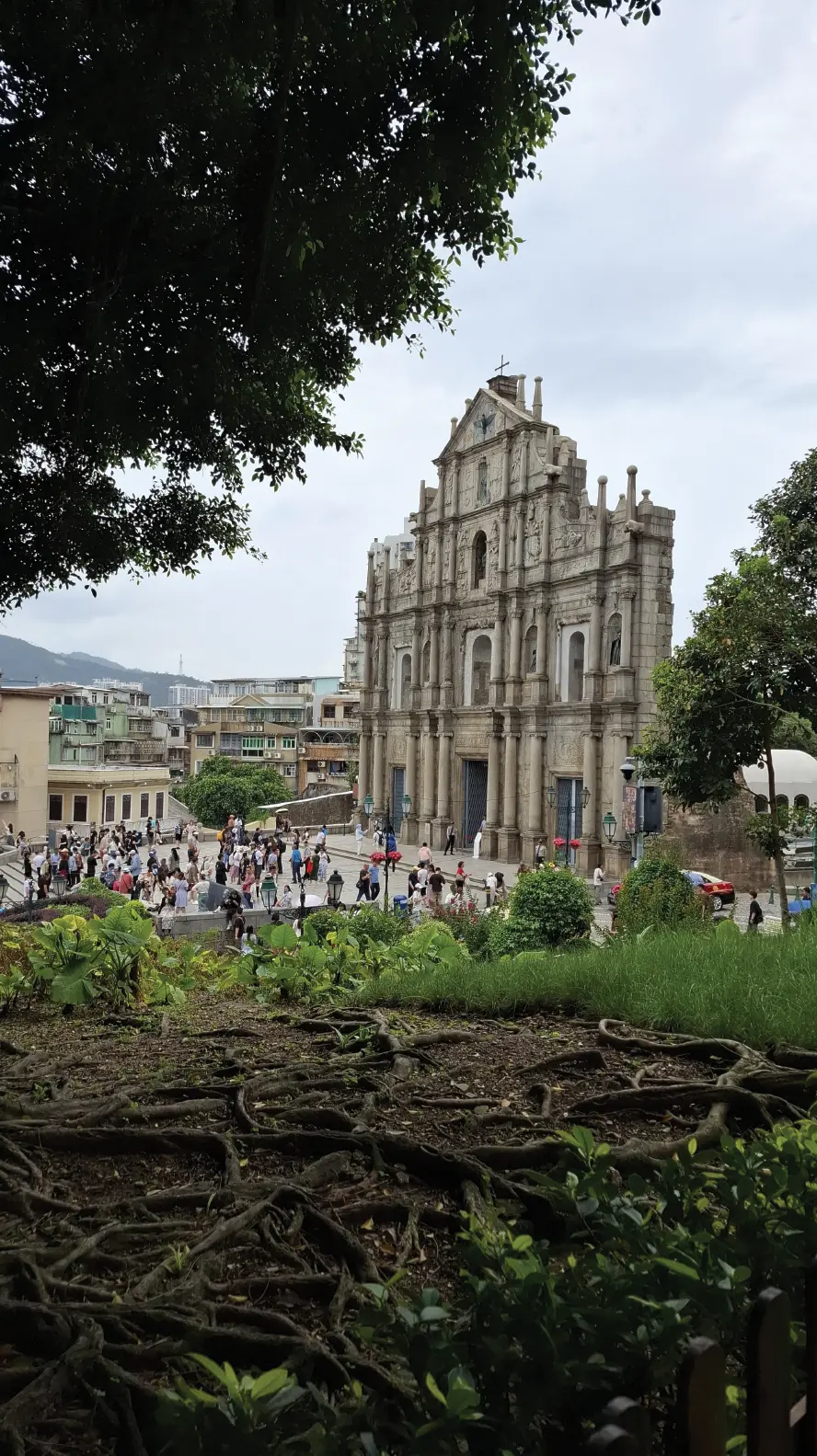 The new policy will greatly boost the development of the hotel industry in Hengqin. However, what impact will this have on the hotel industry in Macau? Will it alleviate the issue of Macau’s under-supply or could it eventually provide a cheaper or more attractive alternative that reduces Macau hotel occupancy?
The new policy will greatly boost the development of the hotel industry in Hengqin. However, what impact will this have on the hotel industry in Macau? Will it alleviate the issue of Macau’s under-supply or could it eventually provide a cheaper or more attractive alternative that reduces Macau hotel occupancy?
Representatives of the Macau hotel industry told IAG that any interaction between hotels in the two locations should be complementary rather than competitive.
“The relationship between the two places is complementary, as the positioning, class and scale of hotels in Macau are different from Hengqin,” said Yu Guozhong, Vice Chairman of the Macau Hoteliers and Innkeepers Association. He also mentioned that the policy of joint development of Macau and Hengqin is inevitable.
According to figures from Macau’s Statistics and Census Service, the two hotel types enjoying the highest occupancy rates from January to June this year were five-star hotels and two-star hotels, at 82.8% and 88.5% respectively. However, in Hengqin the most popular accommodation type is homestays (owner-occupied guesthouse), with an average occupancy rate of over 80% in 2023.
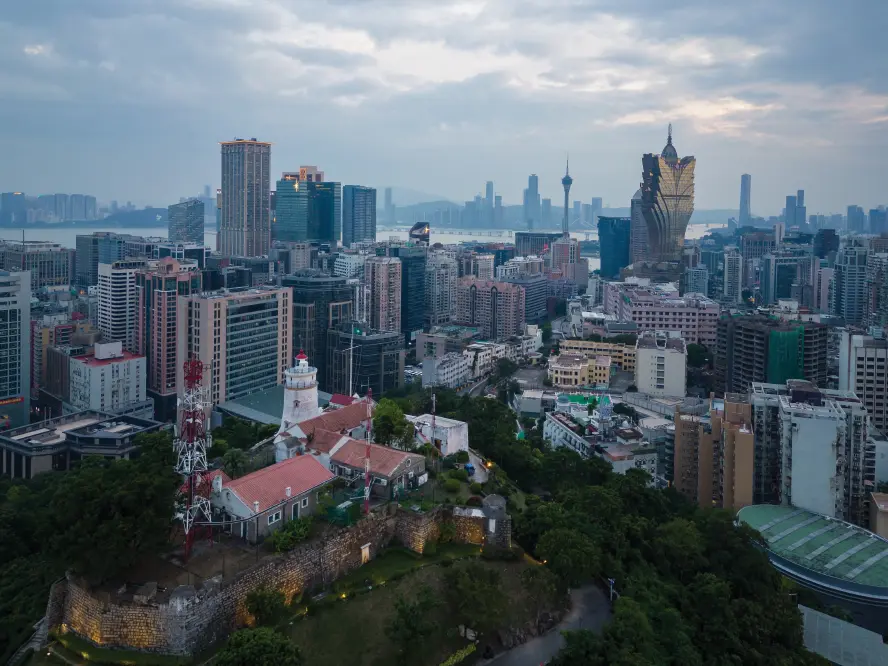 “The close distance between Zhuhai and Macau does not have a significant impact on Macau’s hotel industry,” Yu explained. “Macau’s hotel industry has its unique characteristics which is why visitors to Macau mainly choose local hotels.”
“The close distance between Zhuhai and Macau does not have a significant impact on Macau’s hotel industry,” Yu explained. “Macau’s hotel industry has its unique characteristics which is why visitors to Macau mainly choose local hotels.”
Yu also believes that Macau’s hotel industry still has room for growth and development.
“Although the hotel occupancy rate has reached nearly 90%, it has not yet reached 2019 levels, and prices have also declined,” he said.
“Macau has more hotel rooms compared to 2019 and that’s why Macau’s hotel industry still has its development space.”
On 6 May, the National Immigration Administration announced that mainland tour groups would be allowed to travel between Macau and Hengqin multiple times within a seven-day period. This new policy means that mainland tour groups will be able to stay in Hengqin conveniently while visiting Macau.
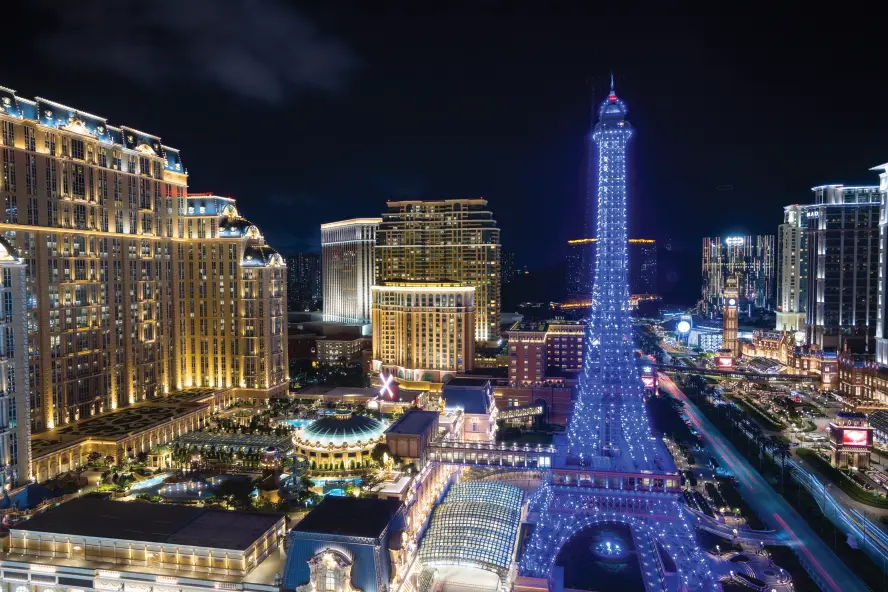 According to Yu, this will also boost the development of the retail industry in Macau.
According to Yu, this will also boost the development of the retail industry in Macau.
“This greatly enhances the convenience of visitors entering and exiting Macau and promotes the retail industry. So far it does not appear to have hurt Macau’s hotel industry,” he said,
Lawrence Ho, the Chairman and CEO of Macau concessionaire Melco Resorts & Entertainment, also noted, “Hotel rooms in Hengqin are cheaper than in Macau, and if (mainland tourists) can travel between Macau and Hengqin multiple times, it will be better for the long-term development of both places.”
“Macau has many five-star hotels, while Hengqin has more three-star or four-star hotels,” he added, suggesting they should provide greater opportunities for a wider variety of guests to find appropriate accommodation.
Wu Keng Kuong, President of the Travel Industry Council of Macau, pointed out that since the new policy surrounding travel between Macau and Hengqin came into effect, the number of tour groups traveling between the two places has increased substantially.
“Starting in May, many qualified travel agencies in the mainland reported increases and more tourists like to travel to both Hengqin and Macau during the summer holiday.
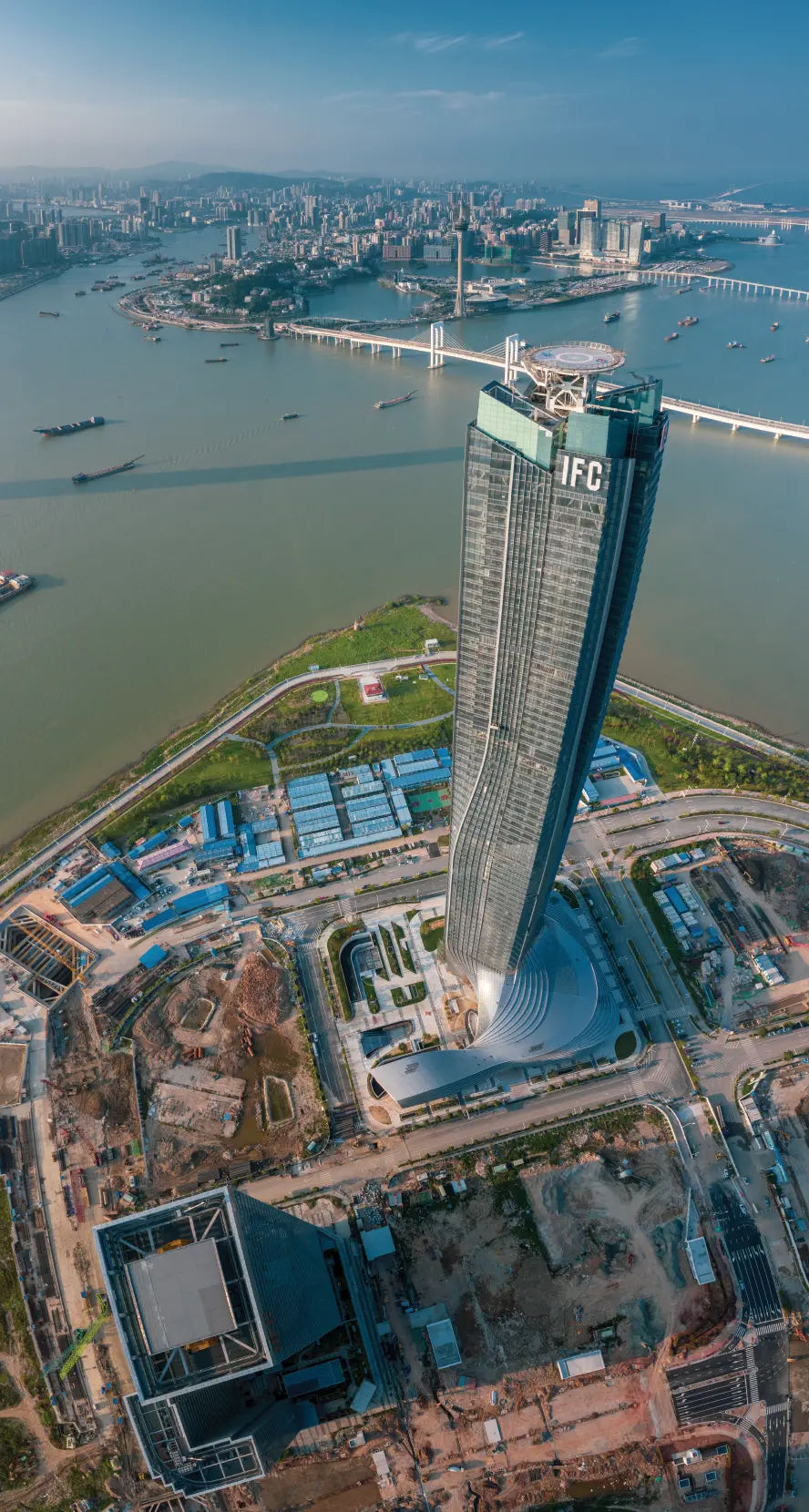 “Hengqin has released some resources to supplement the shortcomings of Macau (in terms of room supply and tourism resources).
“Hengqin has released some resources to supplement the shortcomings of Macau (in terms of room supply and tourism resources).
“From a tourism industry perspective, Macau and Hengqin are not competitors but complementary. If they were competitors, would Zhuhai, which is adjacent to Macau, also be a competitor?”






